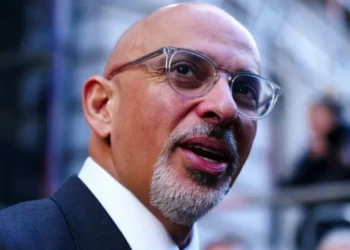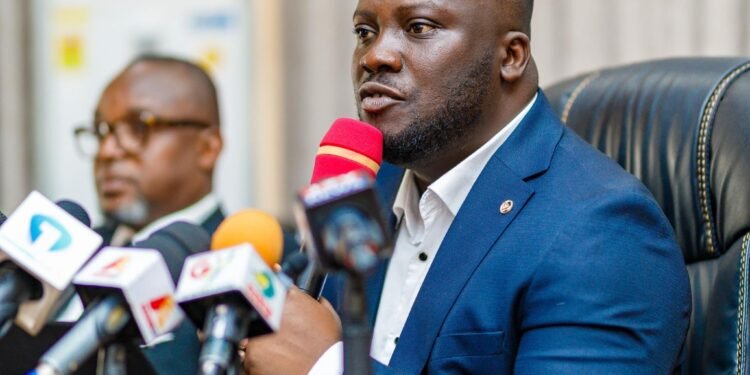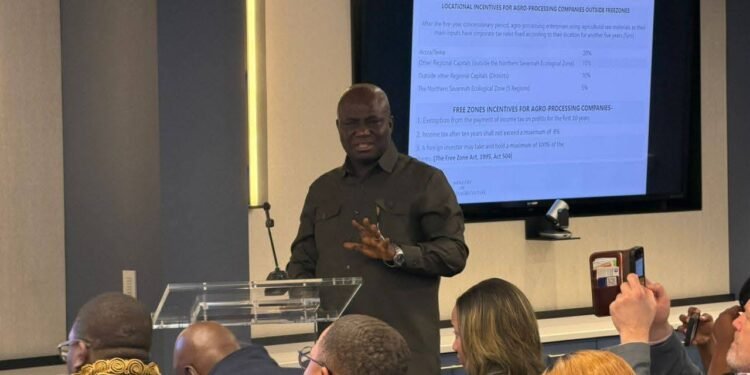The number of migrants crossing the English Channel in small boats dropped by nearly a third during Rishi Sunak’s final year as prime minister, according to new data.
The figures, released just before the general election, reveal that 31,493 people arrived in the UK via small boats in the year leading up to June 30, a 29 percent decrease from the previous year and a slight reduction from two years earlier.
This decline is putting pressure on Labour leader Sir Keir Starmer to maintain the downward trend.
The statistics were made public shortly after Yvette Cooper, Labour’s Shadow Home Secretary, presented her party’s alternative to the controversial Rwanda deportation policy, which had proposed sending some asylum seekers to the East African nation.
These latest figures are likely to intensify scrutiny on the government to reduce the number of arrivals even further.
James Cleverly, a contender for the Conservative leadership and Shadow Home Secretary, pointed to these numbers as evidence of his success while serving as Home Secretary.
“The actions I took as home secretary are working … that’s the inheritance I left Labour. But they’re undoing all of this progress. They have ditched our deterrent, have no clear plan to smash the gangs, have nowhere to send failed asylum seekers who they can’t return, have failed to hire anyone to run their phantom border command, and are already planning to roll over for the EU and open our borders.”
James Cleverly
However, Home Office Minister Seema Malhotra countered by stating that the figures expose the “chaos” within the immigration and asylum system left by the Tories.
“Since 2019, net migration trebled to a record high. Despite the hundreds of millions pumped into the Rwanda partnership, small boat crossings for the first half of this year went up by almost 20 percent. The asylum backlog has soared, costing the taxpayer billions. And the removal of foreign national offenders has dropped 20 percent since 2010.”
Seema Malhotra
Smuggling Risks Grow as Boat Crowds Increase
The Home Office also reported an increase in the average number of people per boat over the past year, indicating the escalating risks posed by smuggling gangs.
On average, there were 51 people per boat, compared with 44 per boat the previous year and just 10 per boat in 2019.
Despite the overall decline in small boat crossings over the past year, the Home Office’s data shows that in the first six months of 2024, the number of crossings was 20 percent higher than during the same period in 2023.
In response to these challenges, Ms. Cooper unveiled a series of measures on Wednesday, including a commitment to return the number of deportations to 2018 levels over the next six months.

This would mean more than 14,000 deportations by the end of the year. However, this target falls short of the 45,000 deportations achieved in 2010 under the previous Labour government and is still less than the 19,000 migrants who have crossed the Channel in small boats so far this year.
The government also announced plans to increase detention capacity by adding 290 beds at two removal centers: Campsfield in Kidlington, Oxfordshire, and Haslar in Gosport, Hampshire.
However, these plans have been criticized as regressive since both sites had previously faced significant problems, including hunger strikes and suicides, before they were closed in 2019 and 2015, respectively.
From 2018 to June 2024, only 3,788 small boat arrivals were returned, accounting for just 3 percent of the total. The majority of these returns involved Albanians, following a joint returns agreement between Britain and Albania.
Labour also pledged to expedite the processing of asylum claims, a move that Conservatives warn could result in tens of thousands more people being granted asylum.
The data shows that almost all (99 percent) of those who arrived by small boats in the year leading up to June claimed asylum, with a 71 percent grant rate between 2018 and June 2024. Meanwhile, 96 percent of small boat asylum claims made in the past year remain undecided.
READ ALSO: NDC Deputy Secretary Decries State Institutions Inaction on Electoral Violence























